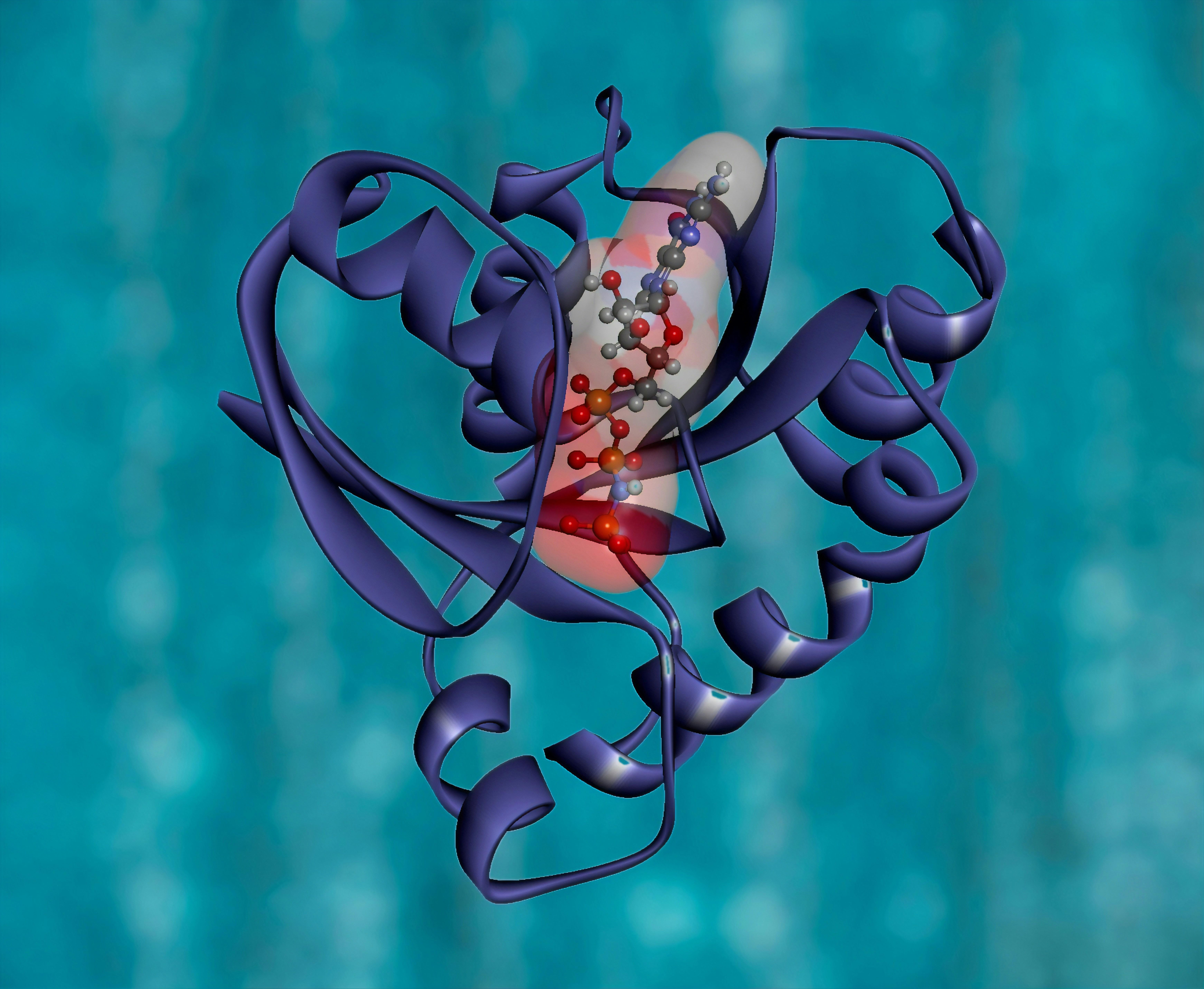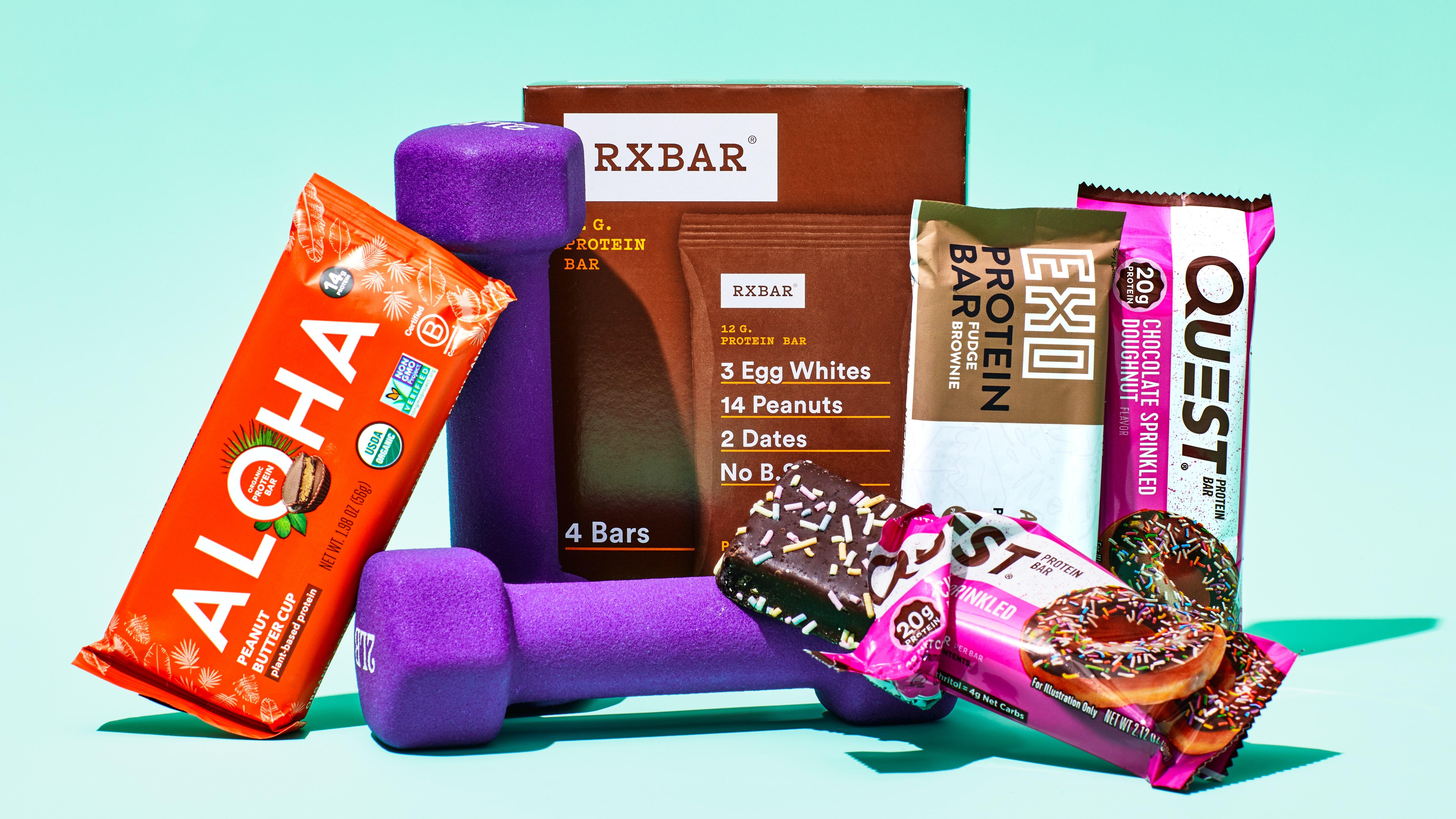In the bustling aisles of modern supermarkets, where vibrant packaging competes for our attention, one product consistently stands out as a symbol of convenience and nutrition: the processed protein bar. Often nestled between energy drinks and granola, these compact snacks promise a quick and easy way to fuel our bodies, appealing to everyone from busy professionals to dedicated athletes. Yet, beneath their glossy wrappers lies a complex debate that challenges our understanding of health and nutrition. Are these bars truly the epitome of health they claim to be, or do they conceal hidden ingredients that could compromise our well-being? This article delves into the intricate world of processed protein bars, exploring their nutritional value, ingredient profiles, and the broader implications for our dietary choices. As we unwrap this topic, we aim to provide a balanced perspective on whether these convenient snacks should be considered a staple of a healthy lifestyle or a treat best consumed in moderation.
Decoding the Ingredients: What’s Really Inside Your Protein Bar
When scrutinizing the contents of your protein bar, it’s essential to look beyond the enticing labels and delve into the actual ingredient list. Many protein bars are laden with a slew of additives and artificial sweeteners that can compromise their nutritional value. Common ingredients you might encounter include:
- Protein Sources: Typically derived from whey, soy, or plant-based proteins, these are the cornerstone of any protein bar. However, the quality and digestibility of these proteins can vary significantly.
- Sugar Alcohols: Used as low-calorie sweeteners, these can sometimes cause digestive issues if consumed in large quantities.
- Preservatives and Stabilizers: Ingredients like glycerin and lecithin help maintain texture and shelf-life but offer little nutritional benefit.
- Fiber Additives: Inulin or chicory root fiber is often added to boost fiber content, but excessive amounts may lead to bloating or gas.
While protein bars can be convenient, understanding these ingredients will help you make informed choices. Opt for bars with natural ingredients and minimal additives for a healthier option.

Balancing Nutrition: The Role of Protein Bars in a Healthy Diet
Protein bars have carved a niche in the realm of convenient nutrition, often marketed as the perfect snack for fitness enthusiasts and busy professionals alike. But the question remains: are these processed bars truly a healthy addition to our diet? While they do offer a quick source of protein, essential for muscle repair and growth, it’s crucial to examine their overall nutritional profile. Many protein bars are laden with added sugars, artificial flavors, and preservatives, which can detract from their health benefits.
When choosing a protein bar, consider the following aspects to ensure it aligns with your dietary goals:
- Ingredients: Opt for bars with whole food ingredients like nuts, seeds, and natural sweeteners.
- Protein Source: Look for high-quality protein sources such as whey, pea, or brown rice protein.
- Sugar Content: Choose bars with low sugar content or those sweetened naturally with ingredients like honey or dates.
- Fiber: A good protein bar should also provide fiber to aid digestion and promote satiety.
Incorporating protein bars into your diet can be beneficial when done mindfully. Balancing convenience with nutritional integrity is key to making these snacks a healthy choice.
Navigating the Aisle: Choosing the Healthiest Options
When you’re on the hunt for a quick snack, it’s easy to be swayed by the colorful packaging and bold claims of protein bars lining the shelves. But are these bars truly the paragons of health they claim to be? Understanding the ingredients is crucial. Many processed protein bars contain a litany of additives, artificial sweeteners, and preservatives that can undermine their health benefits. It’s wise to scrutinize the label for ingredients like high fructose corn syrup or hydrogenated oils, which may not align with your health goals. Opt for bars with a short list of recognizable ingredients, prioritizing those with whole foods like nuts, seeds, and dried fruits.
Consider also the nutritional profile of the bar. A healthy protein bar should ideally have a balance of macronutrients, providing a good source of protein and fiber while keeping sugars in check. Look for options that offer at least 5 grams of protein and 3 grams of fiber per serving, with less than 10 grams of sugar. It’s also important to note that not all proteins are created equal; some bars use lower-quality protein sources that may not offer the same benefits as whole-food sources. By being discerning in your choices, you can navigate the aisle with confidence, ensuring that your snack supports rather than sabotages your health journey.

Expert Opinions: Are Protein Bars a Healthy Snack Choice
In the realm of nutrition, protein bars have sparked a debate among health experts. On one hand, they are celebrated for their convenience and high protein content, making them a popular choice for those seeking a quick energy boost or post-workout recovery. Experts highlight the benefits of protein bars, such as their ability to aid muscle repair and provide a satiating snack option. Key advantages include:
- Portability: Easy to carry and consume on the go.
- Variety: Available in numerous flavors and formulations to suit different dietary needs.
- Nutrient Density: Some bars offer additional vitamins and minerals.
Conversely, there is growing concern about the highly processed nature of many protein bars. Nutritionists caution against those laden with added sugars, artificial ingredients, and preservatives. They suggest opting for bars with natural ingredients and minimal processing. While some experts argue that whole foods are always the superior choice, they concede that protein bars can fit into a balanced diet if chosen wisely. The consensus is to scrutinize labels carefully, focusing on the quality of the ingredients rather than the marketing claims.
